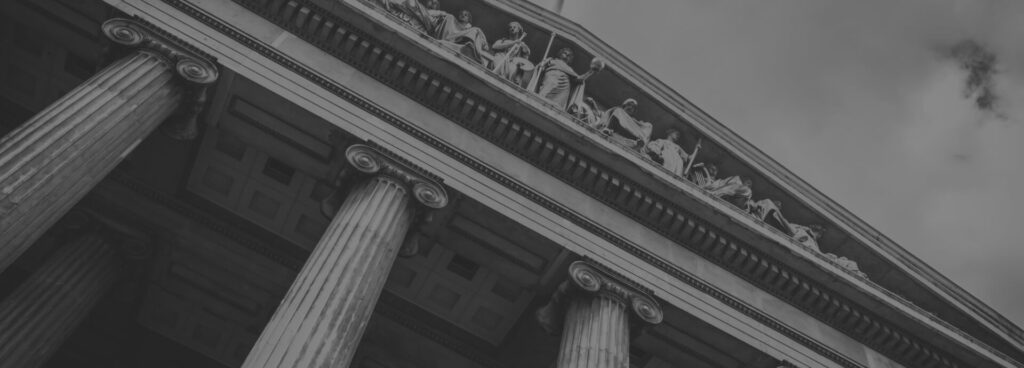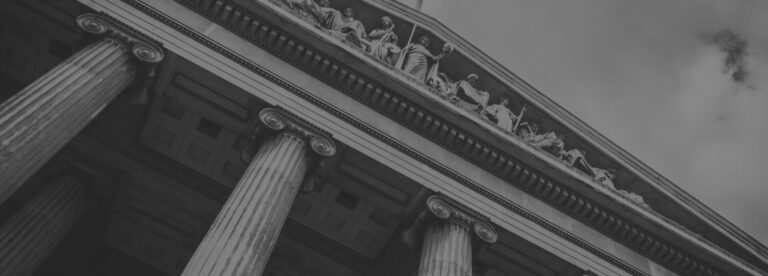Attorney-client privilege has been one of the key issues that General Dean Robert Crince le Roy has championed over the past two and a half years. This privilege has faced challenges from various quarters, with law enforcement agencies overstepping in their pursuit of truth and political efforts attempting to curtail it. Crince le Roy emphasizes the importance of attorney-client privilege and the responsibility of lawyers in this context.
“The attorney-client privilege is the cornerstone of the rule of law. It exists for those seeking justice,” says Crince le Roy. “Clients must trust that everything they share with their lawyer remains confidential. This is an absolute requirement for adequate legal assistance. For lawyers, this privilege is central to their profession, but apparently, this isn’t clear to everyone. It has surprised me greatly that it has been challenged from various sides.” He refers, among other things, to amendments in the House of Representatives that sought to allow auditory surveillance of discussions between lawyers and their detained clients. The Advisory Division of the Council of State ultimately ruled that these amendments interfere with confidential communication between lawyers and detainees and are incompatible with the Constitution, the European Convention on Human Rights, and EU law.
General Legal Principle
In 1985, the Supreme Court, in the Notary Maas decision, determined that the attorney-client privilege for professionals in a position of trust is based on a general legal principle in the Netherlands, which permeates all laws and regulations. The societal interest in truth coming to light is subordinate to the public interest in everyone being able to speak freely and confidentially with a privileged professional, such as a lawyer. This fundamental character of the attorney-client privilege is often misunderstood in practice. Crince le Roy has encountered this as General Dean over the past two and a half years. “When the attorney-client privilege is breached, the rule of law is undermined. That is unacceptable.”
Exceptional Circumstances
The Supreme Court has also clarified several matters in recent years. For example, the Public Prosecution Service and the legal profession have had different views on how the government handles privileged information. “The Supreme Court has repeatedly made it clear that law enforcement officers should not, in principle, have substantive access to oral and written information covered by attorney-client privilege. However, practice is challenging.” Nonetheless, both the duty of confidentiality and attorney-client privilege are not unlimited. Crince le Roy states, “Exceptions are accepted in cases of very exceptional circumstances. Only in such situations does the interest of truth-seeking prevail over the interest of professional secrecy.”
“Breaching the attorney-client privilege undermines the rule of law”
Responsibility
“The responsibility for safeguarding the attorney-client privilege starts with the government. It must ensure that confidential communication does not become known to the same government,” says the General Dean. Crince le Roy also points out the lawyer’s own responsibility. “First, there should never be any doubt about the lawyer’s capacity. Furthermore, a lawyer must take ‘appropriate measures’ to maintain the confidentiality of communication, particularly in the choice of communication methods and their security.” If a lawyer fails to do so, it can affect the assessment of any breach of confidentiality by law enforcement officers, as determined by the Supreme Court. Crince le Roy adds, “In short, if you are careless as a lawyer, it can have consequences for the client, who may receive less compensation when assessing the breach of confidentiality. That is a significant responsibility.”
Steering Committee on Attorney-Client Privilege
As of September 1, Crince le Roy will hand over the topic of attorney-client privilege to Sanne van Oers and Jeroen Soeteman, the new General Deans. Representing the Dutch Bar Association (NOvA), Soeteman participates in the Steering Committee on Attorney-Client Privilege. Together with the Judiciary, the Public Prosecution Service, the police, and the FIOD, they are examining how to handle privileged information. Soeteman notes, “The steering committee agrees that judges have a crucial role. In the future, all seized information should be filtered under judicial supervision to extract all privileged information, such as email inboxes. What remains will then proceed to investigation and prosecution. We are working on this together, but unfortunately, it cannot be implemented immediately. Legal and technical steps still need to be taken, and there is currently insufficient capacity in the judiciary.”




